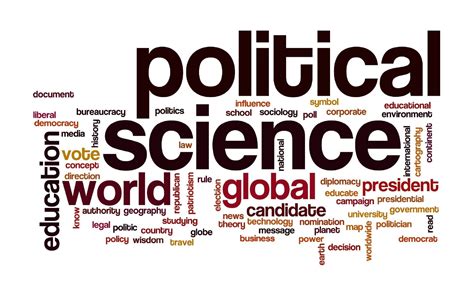Political research is a field that examines the political systems and processes of societies. Political researchers use a variety of methods to collect and analyze data, and their findings can be used to inform public policy, advance academic knowledge, and engage the public in civic discourse.

What Do Political Researchers Do?
Political researchers conduct research on a wide range of topics, including:
- Public opinion
- Voting behavior
- Political parties
- Interest groups
- The media
- Public policy
- International relations
They use a variety of methods to collect data, including surveys, interviews, focus groups, and content analysis. They also use statistical and qualitative analysis to interpret their findings.
Why Does Political Research Matter?
Political research can help us understand how political systems work, how public opinion is formed, and how public policy is made. This information can be used to make our political systems more democratic, responsive, and effective.
Benefits of a Career in Political Research
Political research is a rewarding career that offers a number of benefits, including:
- The opportunity to make a difference in the world
- The chance to work on important and challenging issues
- The opportunity to learn about different cultures and perspectives
- The potential to earn a good salary
How to Become a Political Researcher
Most political researchers have a master’s degree or PhD in political science or a related field. Some researchers also have a background in journalism, public policy, or law.
Political researchers can work in a variety of settings, including universities, think tanks, government agencies, and private research firms.
Common Mistakes to Avoid
There are a few common mistakes that political researchers should avoid:
- Being biased. Political researchers must be objective and impartial in their work. They should not let their personal beliefs influence their research.
- Ignoring context. Political research should be conducted in context. Researchers should consider the historical, social, and cultural factors that may be influencing their findings.
- Overgeneralizing. Political researchers should be careful not to overgeneralize their findings. They should only make claims that are supported by their data.
Table 1: Median Salaries for Political Researchers
| Job Title | Median Salary |
|---|---|
| Political Scientist | $122,220 |
| Public Policy Analyst | $112,260 |
| Research Analyst | $71,840 |
| Survey Researcher | $63,340 |
Table 2: Job Outlook for Political Researchers
The job outlook for political researchers is expected to be good over the next decade. The U.S. Bureau of Labor Statistics projects that employment of political scientists will grow by 9% from 2020 to 2030, faster than the average for all occupations.
Table 3: Skills Needed for Political Researchers
| Skill | Description |
|---|---|
| Analytical skills | The ability to collect, analyze, and interpret data. |
| Communication skills | The ability to write and speak effectively. |
| Critical thinking skills | The ability to think critically and make sound judgments. |
| Research skills | The ability to conduct research independently. |
| Statistical skills | The ability to use statistical methods to analyze data. |
Table 4: Career Paths for Political Researchers
Political researchers can advance their careers in a variety of ways. Some researchers move into management positions, while others become specialized in a particular area of research. Some researchers also choose to teach at universities.
Conclusion
Political research is a rewarding career that offers a number of benefits. Political researchers can make a difference in the world by conducting research on important and challenging issues. They can also earn a good salary and have the opportunity to learn about different cultures and perspectives.
